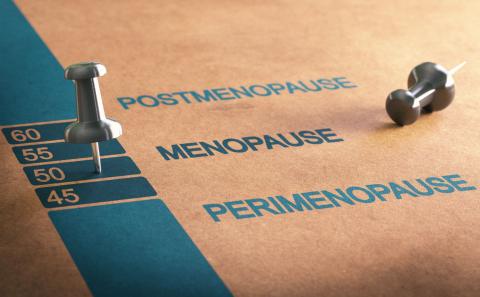
La Fe Health Research Institute (IIS La Fe)
If you are the contact person for this centre and you wish to make any changes, please contact us.
Principal Investigator at IVIRMA Global Research Alliance, IVI Foundation (Valencian Fertility Institute) and La Fe Health Research Institute
Head of the Hepatology and Liver Transplant Group, IIS La Fe. Coordinator of the Centro de Investigación Biomédica en Red de Enfermedades Hepáticas y Digestivas (CIBEREHD) group. President of the International Liver Transplant Society. Member of AMIT
Postdoctoral researcher at IVIRMA Global Research Alliance, IVI Foundation (Valencian Fertility Institute) and La Fe Health Research Institute

The ovarian cycle is regulated by internal circadian rhythms rather than external processes, says a study published in Science Advances. Using menstrual cycle data from some 3,000 women in Europe and North America, the authors add that the influence of the lunar cycle on women's menstrual cycle is weak, but significant.

Heavy metals - including arsenic, cadmium and mercury - may adversely affect the ovaries of women approaching menopause, a study claims. Those with high levels of metals in their urine had lower levels of anti-Müllerian hormone, indicating diminished ovarian reserve - fewer oocytes in the ovaries compared to other women of that age. The authors, whose study is published in The Journal of Clinical Endocrinology & Metabolism, used urine data from more than 500 women in the US up to 10 years before their last menstrual period.

Three studies published today in Nature explore the link between the cases of childhood hepatitis of unknown origin that have occurred since 2022 mainly in the UK and the US and an adeno-associated virus. The papers do not settle the question and further studies will be needed to confirm or exclude the hypothesis.

In recent weeks, several countries have detected unusually severe cases of hepatitis of unknown origin in healthy children. Some of the patients have required transplantation and at least one of them has died. Researchers are working on several hypotheses around an adenovirus, but the matter is still shrouded in uncertainty.

This week the European Centre for Disease Control and Prevention (ECDC) has warned of an increase in cases of hepatitis of unknown origin in children in the UK. Three cases have been diagnosed in Ciudad Real, Madrid and Aragon, one of which required a liver transplant. With the current information it is difficult to establish the cause.